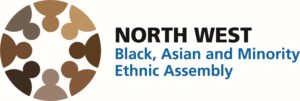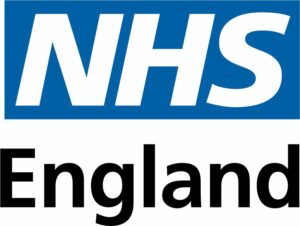Windrush Statement


On June 22nd 1948, HMT Windrush arrived at Tilbury Docks carrying hundreds of Caribbean people who were invited to the United Kingdom to help rebuild Britain after the World War II. The Windrush Generation refers to people who left the Caribbean countries and arrived to settle in the UK between 1948 and 1971. Many took up the invitation to work as nurses, midwifes, ancillary workers, cleaners, cooks, and porters, as well as factory labourers or employed in the bus, underground and rail services. Between 1948 and 1971, over half a million people from the Caribbean settled in the UK.
The history of the Windrush and the NHS are intimately linked. The NHS has depended on the talents of its diverse workforce since its inception in 1948. The arrival of the Windrush helped to mark a new chapter in both the birth of our NHS and the growth of multicultural Britain.
Today, the NHS is the biggest employer of people from a Black, Asian, and Minority Ethnic background in Europe – comprising 24.2% of the NHS workforce, which represents over 200 nationalities. Many are doctors, nurses, allied health professionals, domestic, catering and porters.
The North West BAME Assembly acts as a strategic forum for senior NHS leaders from Black, Asian, and Minority Ethnic backgrounds. The Assembly came together to influence the system to tackle racism. We realised the need amplify the voices of the Black, Asian, and Minority Ethnic communities within their organisations and challenge people to think more deeply about longstanding, deep-rooted inequalities using a race and ethnicity lens.
Though we celebrate 75 years since the arrival and contributions of Windrush generation, racial disparities are still manifest within the health and care system. Annual Workforce Race Equality Standard data shows very slow improvement in most indicators. However higher rates of bullying and harassment, disproportionate referrals into disciplinary processes, and recruitment and selection where ethnicity still impacts your chance of appointment after shortlisting remains a persistent issue for Black, Asian, and Minority Ethnic staff. These disparities highlight that we still have a long way to go.
The North West BAME Assembly encourages all NHS organisations in the North West to embark on the journey to becoming intentionally antiracist. Becoming an intentionally antiracist organisation is a continuous journey that involves organisations continually reviewing their progress and being intentional about their actions for change. To create this change organisations should:
- Prioritise antiracism
- Understand lived experience
- Grow inclusive leaders
- Act to tackle inequalities
- Regularly review progress
As we mark this point in British history, we must recommit ourselves to making rapid progress towards racial equity. Hundreds of thousands of Caribbean people made sacrifices to contribute to modern day Britain and one of our greatest institutions, the NHS. As such, we must ensure that Black, Asian, and Minority Ethnic staff has the same career opportunities and professional experiences as their White colleagues. We must also provide equitable health care for Black, Asian, and Minority Ethnic service users and patients.
The invaluable contribution of Windrush generation and their descendants to our organisations and society must be repaid with the same commitment, dedication, and selflessness.
Our thanks and gratitude to the Windrush generation.
Evelyn Asante-Mensah OBE
Chair
North West Black Asian and Minority Ethnic Assembly and
Pennine Care Foundation Trust
